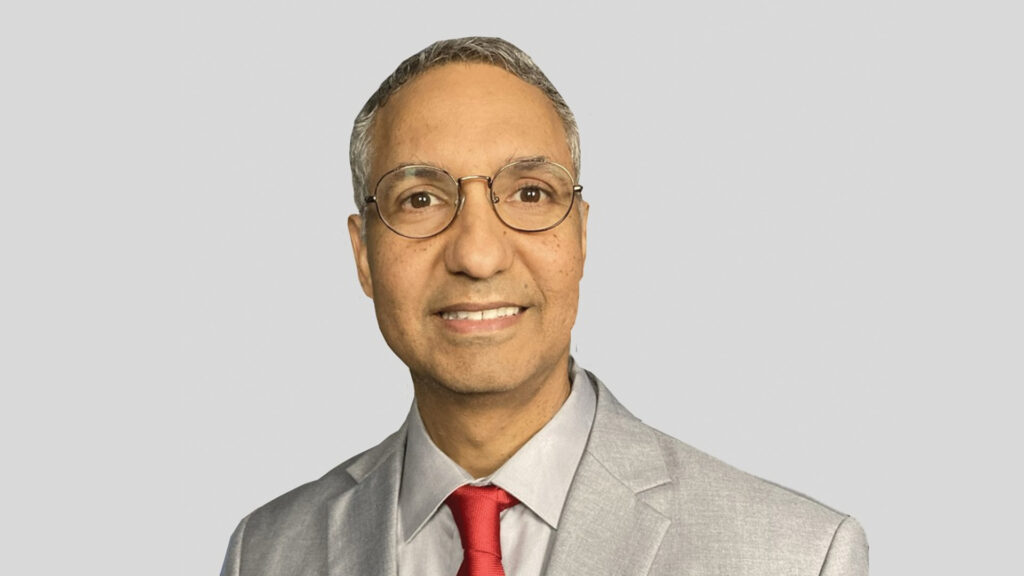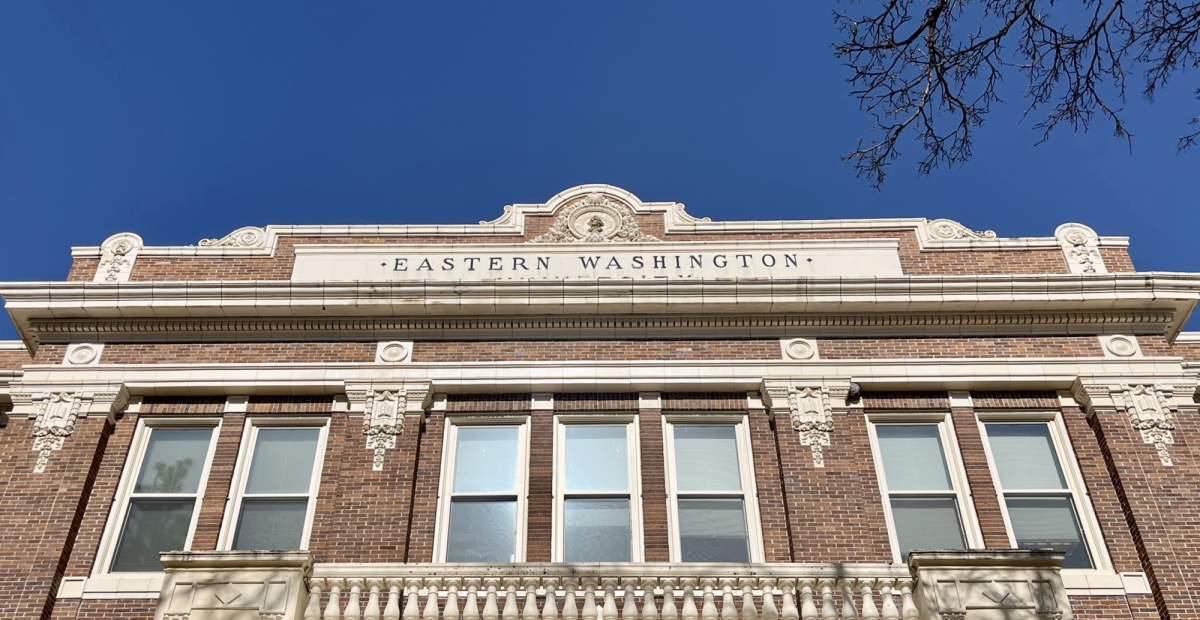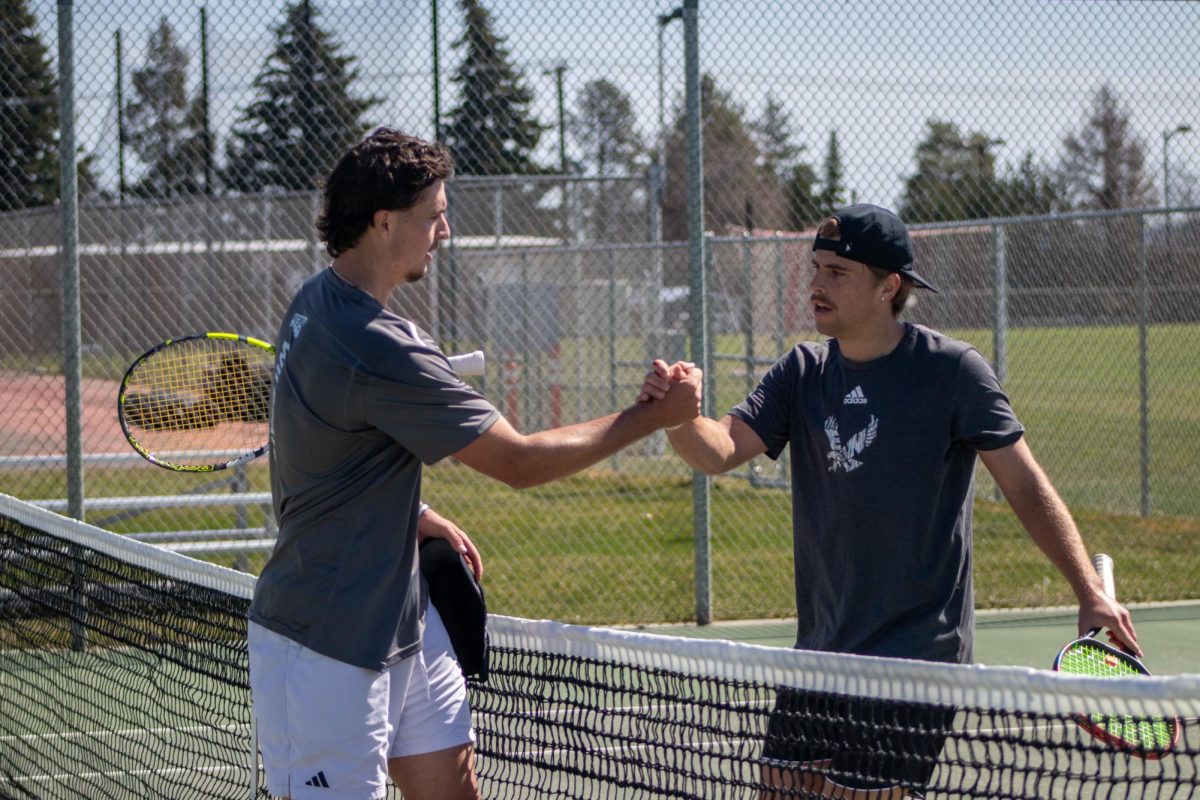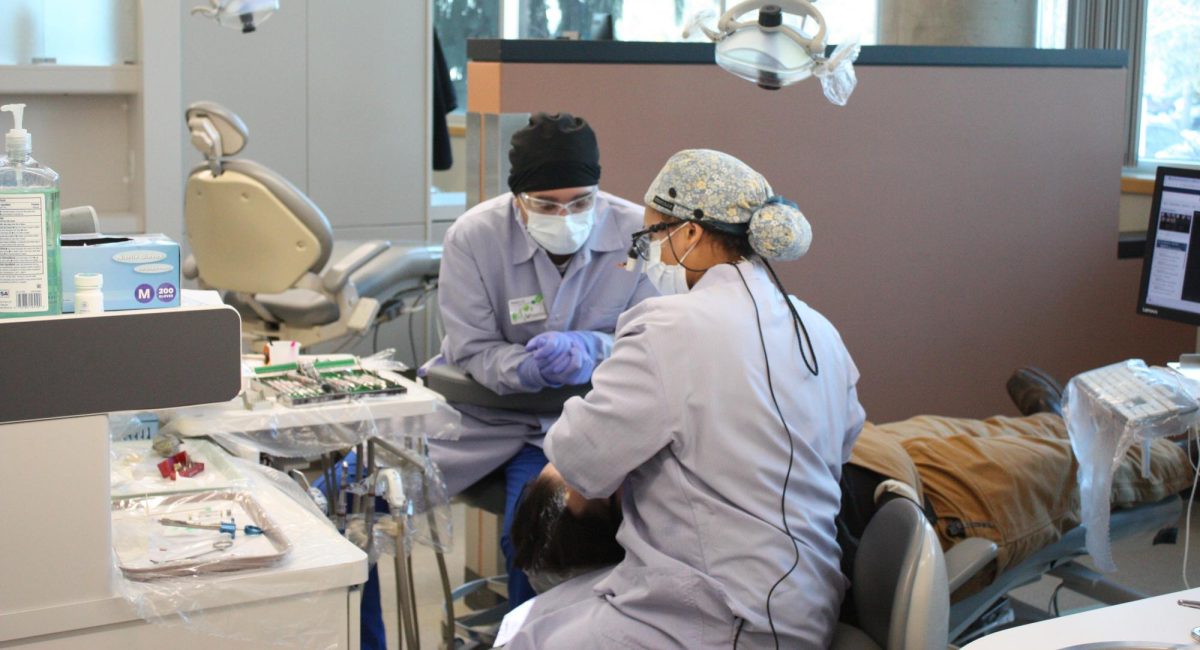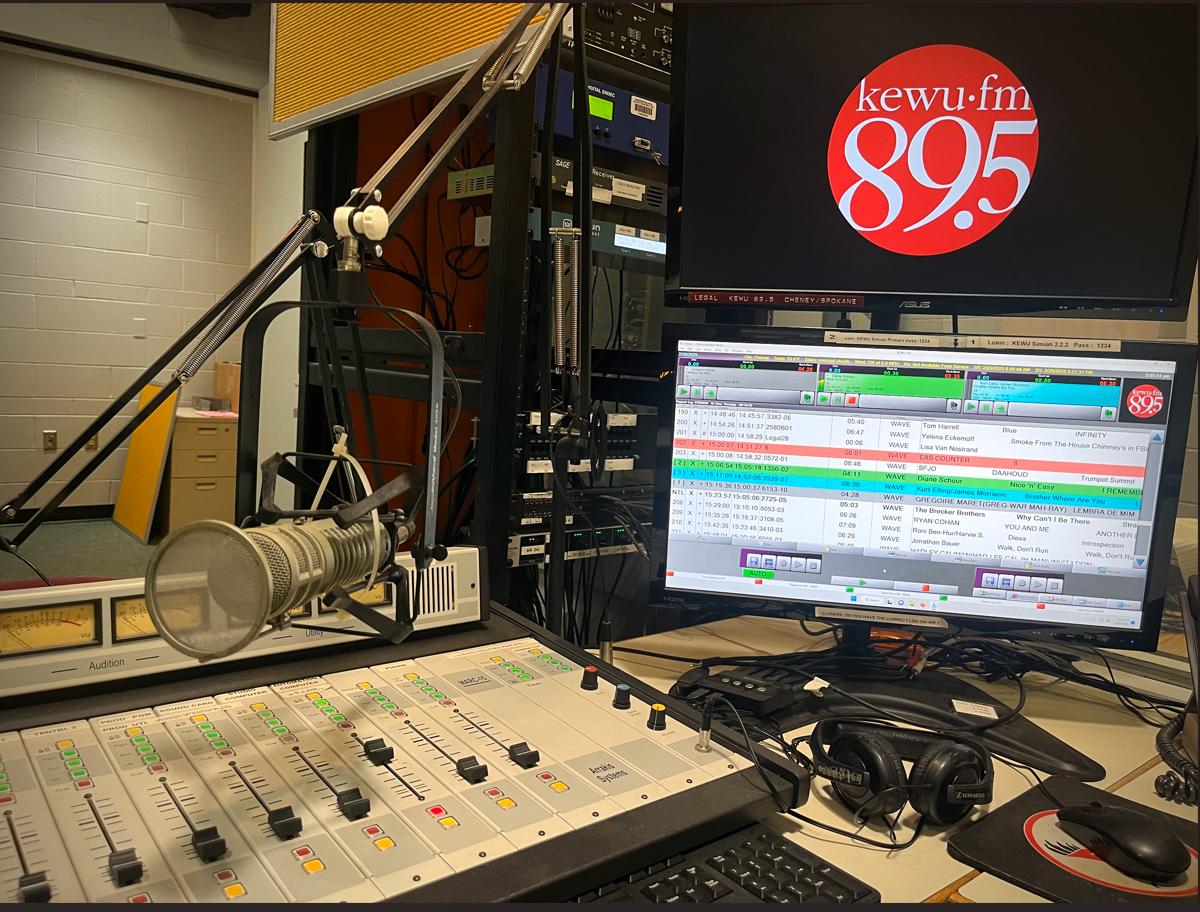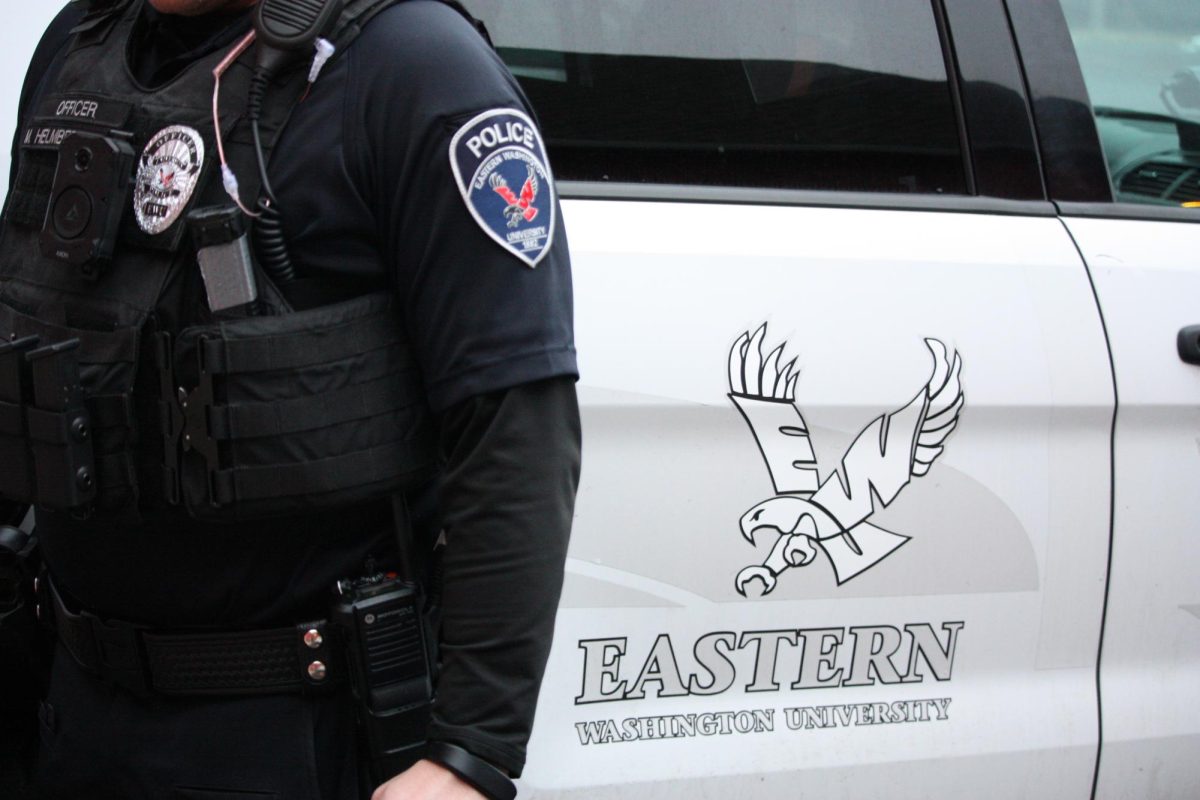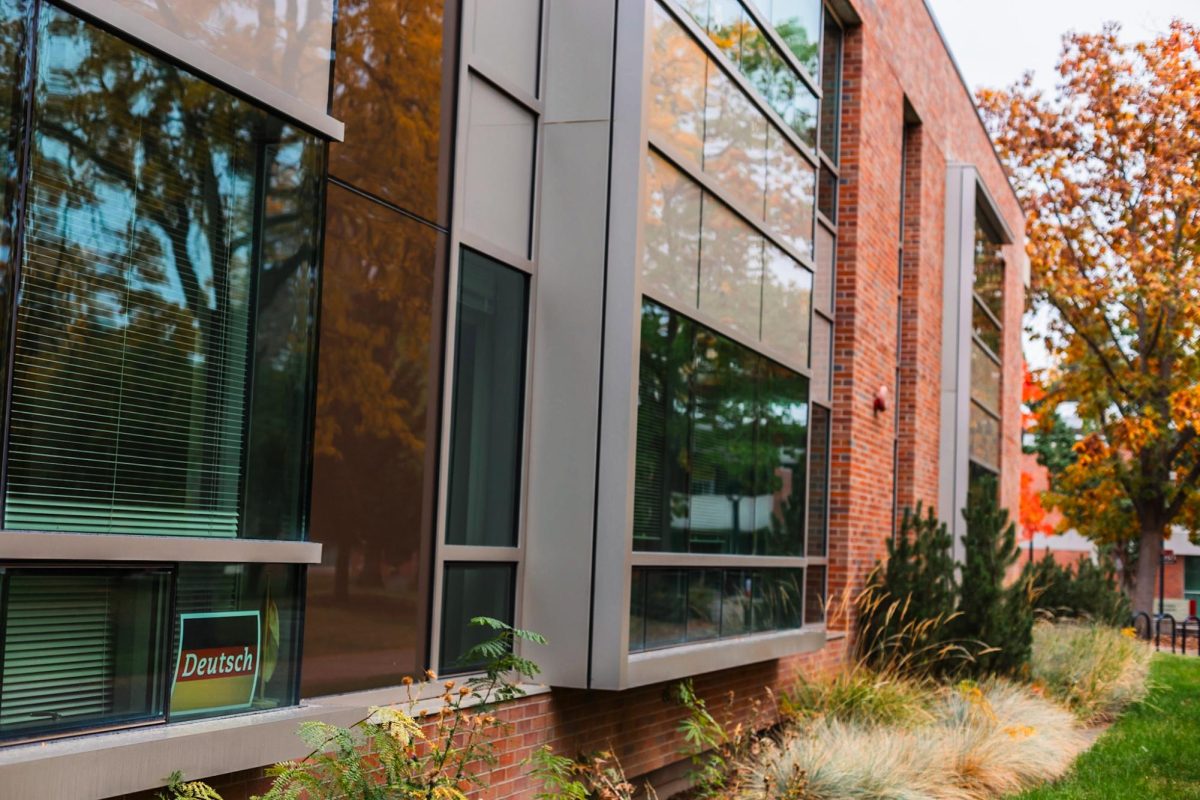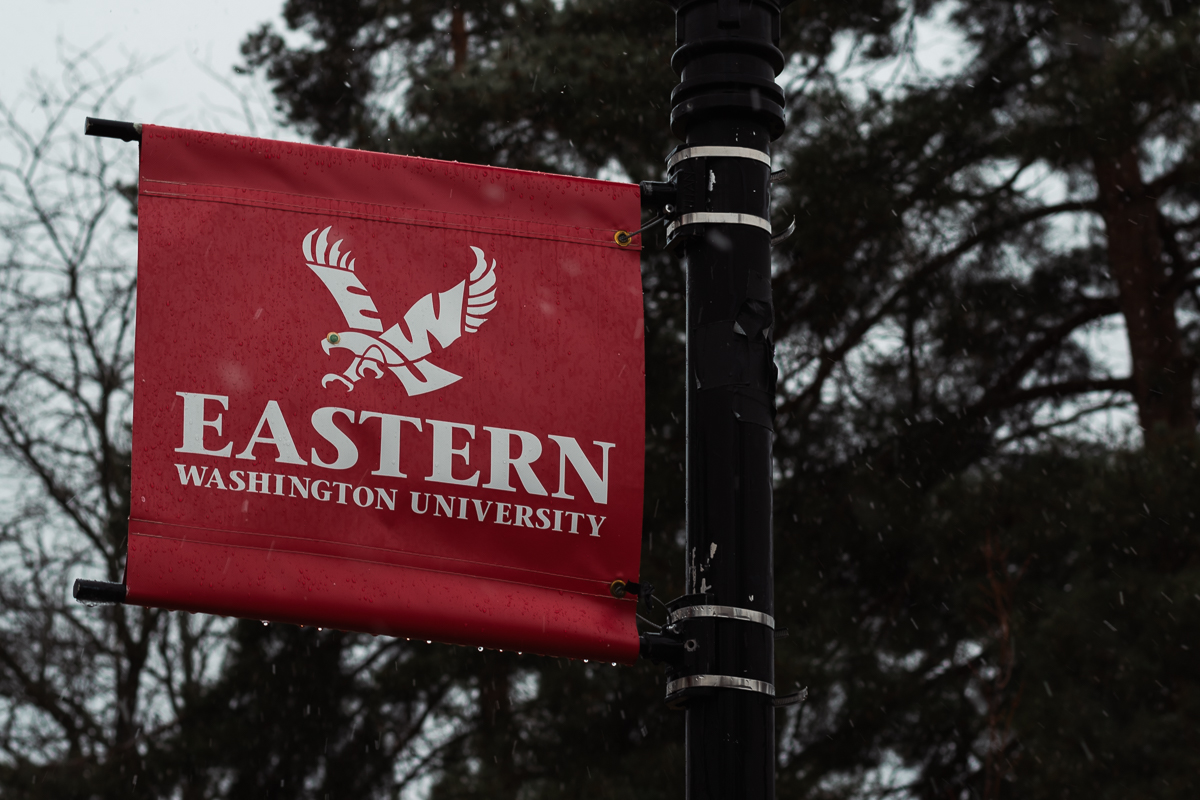As President Donald Trump begins his second term in office, students in the International Affairs Club at Eastern Washington University say they’re concerned about impacts to federal funding, student loans and cuts to diversity, equity and inclusion programs.
The Easterner spoke with students in the International Affairs Club at Eastern Washington University about their thoughts on Trump’s reelection and the recent slew of executive orders from the oval office.
“I’m really surprised that he won, especially since a lot of sources were predicting Harris would win,” Julia Odom, a senior studying political science with a concentration in pre-law, said. “But she didn’t even come close, which was crazy to me.”
Trump won the 2024 presidential election with 312 electoral votes to Kamala Harris’s 226, flipping key states like Pennsylvania, Wisconsin, and Georgia.
Beyond the election itself, students are concerned about the administration’s stance on federal funding and student loans.
In late January this year, the Trump administration briefly paused federal grants and loans for policy review, causing confusion among students and universities before the decision was reversed, according to the Associated Press. They believe these policies could have significant consequences for their education.
“For college students, it’s a bit concerning because he’s pushing to cut federal funding, and schools rely on that.” Sean Watson, a junior studying political science and international affairs, said. “Eastern, for example, gets a lot of funding from the state, so we’ll probably be fine, but there are plenty of students here who rely on FAFSA.”
One of the most controversial aspects of Trump’s return is his administration’s elimination of diversity, equity, and inclusion (DEI) programs at the federal level. This decision has sparked concerns among students in the International Affairs Club about its potential impact on higher education.
“Right now, there’s a lot of rhetoric against DEI, but not much supporting it.” Finlay Lamb, a sophomore majoring in political science, said. “Without these programs, many people won’t be able to attend college and develop themselves.”
Odom also weighed in on cultural shifts that may come with Trump’s presidency, particularly regarding attitudes toward higher education.
“I think he’ll have a bigger impact because he aligns with the anti-woke crowd that tends to be against higher education,” Odom said. “There’s this whole movement where people on that side speak out against college, claiming that if you go, you become super woke or whatever.”
For international students, Trump’s immigration policies introduce an additional layer of uncertainty.
“Changes in immigration policy could make things much more difficult,” said Alesia Levchenko, a junior double majoring in political science and English studies.
Looking ahead, some students believe that Trump’s policy decisions could lead to increased student activism.
“It stands to reason that as his administration continues issuing executive orders and taking large-scale political actions without congressional oversight, student protests will increase in response,” said Mateo Heredia, a junior majoring in international affairs.
Watson said he believes Trump’s focus will primarily be on rolling back existing programs rather than implementing new policies to support students.
“I don’t think he really has any meaningful issues or policies that help students,” he said. “The main thing is removing DEI from institutions and cutting funding, but beyond that, I can’t think of anything that directly affects us.”
Despite differing perspectives, students agree that Trump’s return to office will have lasting consequences. Levchenko emphasized the importance of staying informed and engaged.
“Whether or not you agree with Trump, we have to acknowledge that his policies will have lasting effects,” Levchenko said. “Higher education, international students, and federal funding are all on the table, and students should be paying attention.”





